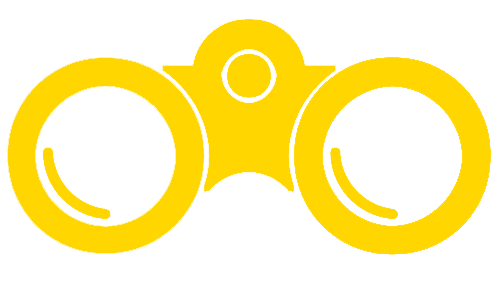
The following list shows a summary of the topics covered in this course. To see all of the course pages, visit the Table of Contents.
Module 1: Introduction to Management
- What Is Management?
- Primary Functions of Management
- Types of Managers
- Management Roles
- The Advantages of Managing People Well
Module 2: History of Management
- Scientific Management
- Bureaucratic Management
- Humanistic Management
- Current Developments in Management Practices
Module 3: Planning and Mission
- Mission, Vision, and Values
- Pros and Cons of Planning
- The Planning Cycle
- Types of Plans and Common Planning Tools
Module 4: Environments and Strategic Management
- The Role of Strategy in Management
- Common Frameworks for Evaluating the Business Environment
- Common Frameworks for Situational Analysis
- Stages and Types of Strategy
- How Environment Affects Strategy
Module 5: Decision Making
- Barriers to Individual Decision Making
- Styles of Decision Making
- Rational Decision Making vs. Other Types of Decision Making
- Evidence-Based Decision Making
- Using a Decision Tree
- Managing Group Decision Making
Module 6: Organizational Structures
- The Purpose of Organization
- Common Organizational Structures
- Factors Impacting Organizational Design
- Current Trends in Organization and Job Design
Module 7: Human Resource Management
- Purpose of Human Resource Management
- Laws Affecting Human Resource Practices
- Recruiting and Selecting Qualified Job Applicants
- Employee Orientation and Training
- Employee Development and Performance Evaluations
- Employee Compensation, Incentive, and Benefits Strategies
- Employee Separation and Termination
- Current Trends and Challenges in HR Management
Module 8: Groups, Teams, and Teamwork
- Common Group Behaviors
- Types of Teams
- Building Effective Teams
- The Five Stages of Team Development
- Conflict Within Teams
Module 9: Culture and Diversity
- What Is Organizational Culture?
- Key Dimensions of Organizational Culture
- Influences on Organizational Culture
- Cultural Change
- Employee Diversity
Module 10: Leadership
- What Is Leadership?
- What Makes an Effective Leader?
- Effective vs. Poor Leadership
- Situational Theories of Leadership
- Transformational and Transactional Theories of Leadership
Module 11: Motivation
- The Importance of Employee Motivation
- Needs-Based Theories of Motivation
- Process-Based Theories of Motivation
- Job Characteristics that Affect Motivation
- Goal-Setting Theory
- Reinforcement Theory
- Manager’s Role in Motivating Employees
Module 12: The Individual and the Organization
- Personal Values and Personality at Work
- Common Management Biases
- Attitudes that Affect Job Performance
- Job Fitness and Performance
Module 13: Ethics in Business
- The Need for Ethics in the Workplace
- US Sentencing Guidelines for Organizations
- Influences on Ethical Choices
- How Managers Can Encourage Ethical Behavior
- Corporate Social Responsibility
Module 14: Communication
- Communication and Management
- Typical Communication Flows within an Organization
- Barriers to Effective Communication
- Channels of Business Communication
Module 15: Control
- What Is Control, and Why Do We Need It?
- The Control Process
- Levels and Types of Control
- The Balanced Scorecard
- Financial and Nonfinancial Controls
Module 16: Globalization and Business
- Current Trends in Global Business
- Risk Tradeoffs in Global Business
- The Dimensions of Cultural Difference and Their Effect
- Global Business Strategies for Responding to Cultural Differences
- Training Employees for International Assignments
Candela Citations
CC licensed content, Original
- Course Contents at a Glance. Provided by: Lumen Learning. License: CC BY: Attribution
CC licensed content, Shared previously
- Binoculars Icon. Authored by: Musmellow. Provided by: Noun Project. Located at: https://thenounproject.com/search/?q=binoculars&i=1234056. License: CC BY: Attribution
